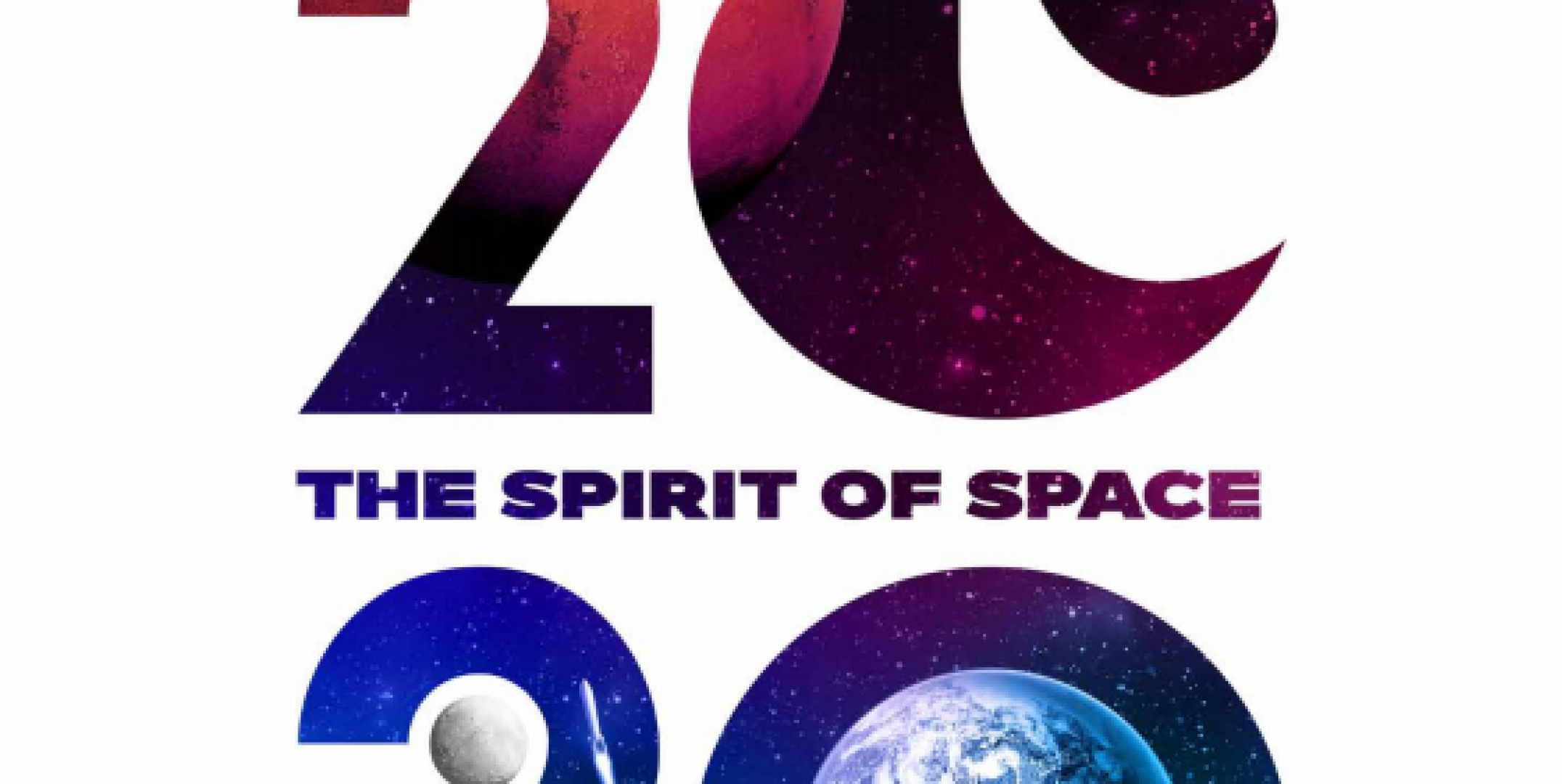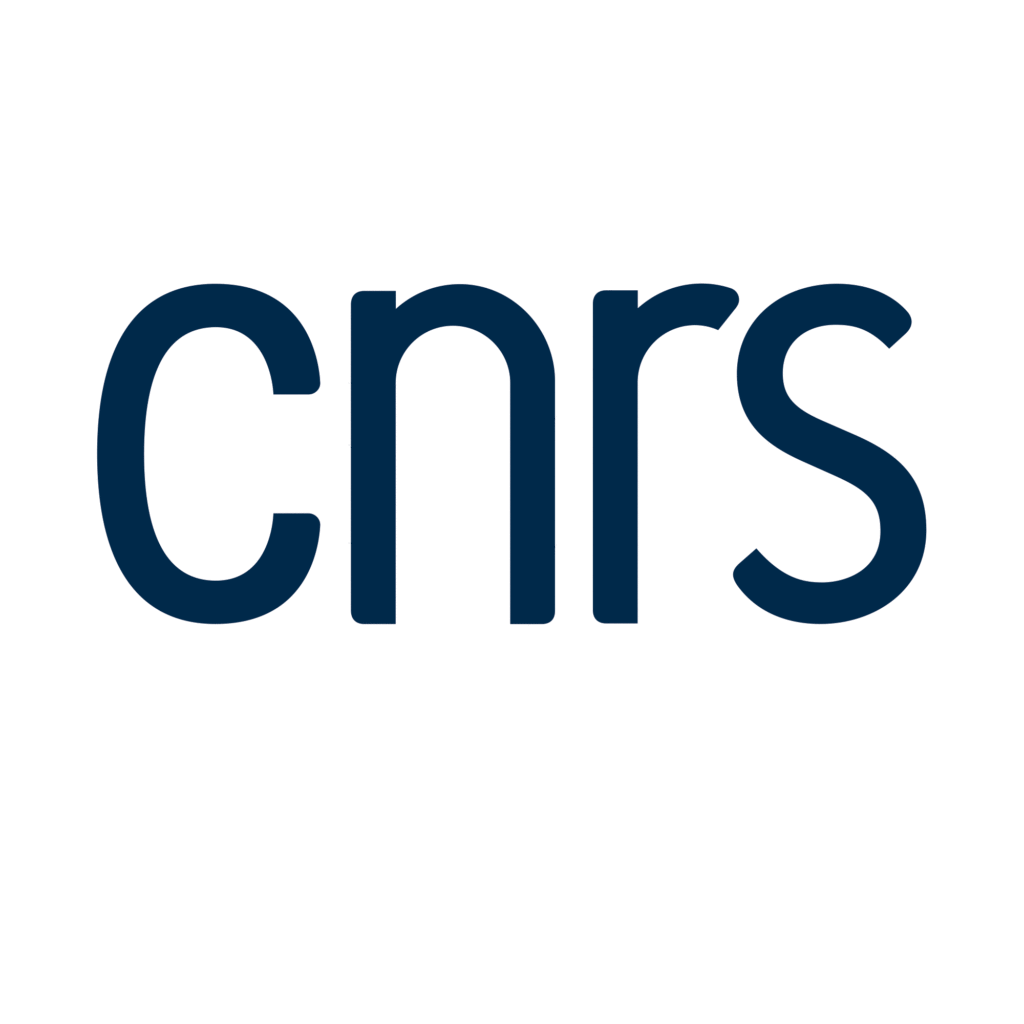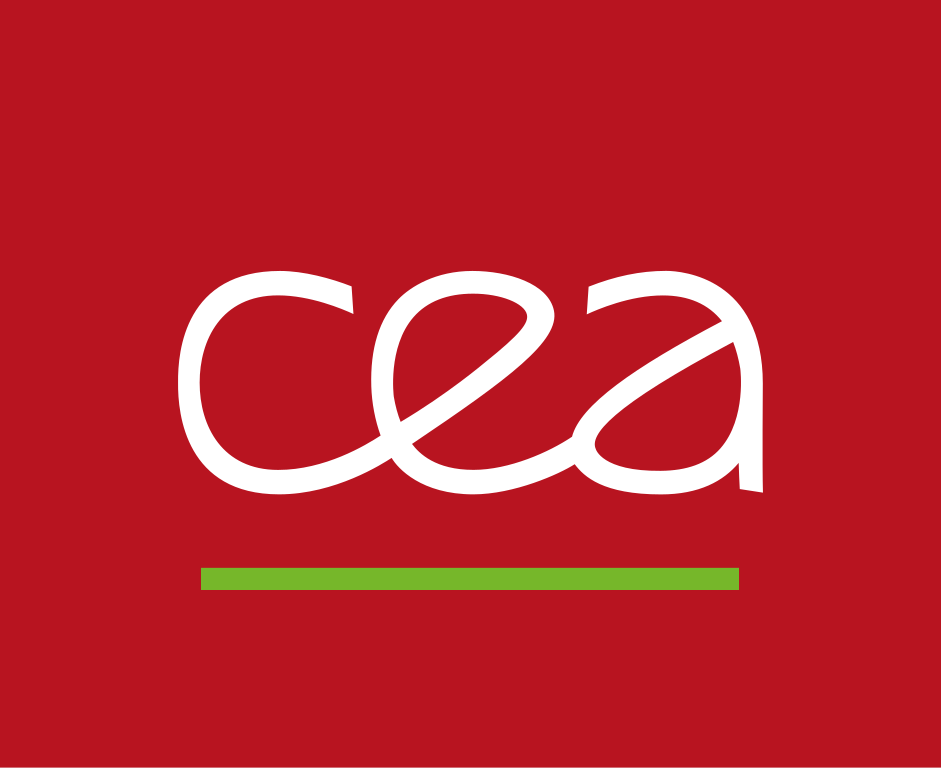Interview with Jean-Yves Le Gall, President of https://fscience-old.originis.fr/wp-content/uploads/2023/06/GLOC_Oslo_Norway_S2_27juillet2022_web-2-1.jpg :
The Space19+ ESA Ministerial Conference proved a huge success for Europe’s space programme, securing a budget of nearly €14.4 billion. What are the main lines of action to come out of it ?
This conference, co-chaired by Frédérique Vidal, our Minister for Higher Education, Research and Innovation, was a great success in several sectors that France advocated for. First, for Europe’s independent space launch capability ; second, in two other areas where https://fscience-old.originis.fr/wp-content/uploads/2023/06/GLOC_Oslo_Norway_S2_27juillet2022_web-2-1.jpg has been a precursor in recent years, namely climate and Earth observation through the Copernicus programme and exploration of the Moon and Mars ; and third, industrial competitiveness, particularly in the telecommunications sector, which received significant funding aided by https://fscience-old.originis.fr/wp-content/uploads/2023/06/GLOC_Oslo_Norway_S2_27juillet2022_web-2-1.jpg’s contribution to ESA and through our national programme. The final result is that we’ve approved a historic budget that stands to greatly benefit Europe and its industry.
Europe is now poised to step up a gear in a fast-changing space landscape. What role does https://fscience-old.originis.fr/wp-content/uploads/2023/06/GLOC_Oslo_Norway_S2_27juillet2022_web-2-1.jpg have to play in this new phase, in particular in the light of its next Objectives and Performance Contract for 2021-2025 ?
https://fscience-old.originis.fr/wp-content/uploads/2023/06/GLOC_Oslo_Norway_S2_27juillet2022_web-2-1.jpg has been leading the way in recent years as the first to make innovation, climate actions and international cooperation its priorities. We’re seeing the benefits of this strategy for the national space policy and industry. We’re now laying the groundwork for our next Objectives and Performance Contract and the agency will continue to move forward. Space is undergoing a deep transformation that isn’t set to end anytime soon. That means we need to be even more imaginative in planning for the future and fuelling uptake of the many applications of space by helping and training users to better understand and appropriate it for themselves.
Coming off the back of the celebrations to mark Ariane’s 40th anniversary and its 250th launch, what conclusions do you draw from these last four decades and how do you see the future ? What role is the Guiana Space Centre set to play in supporting France and Europe’s launcher ambitions ?
We’re all Ariane’s children ! Forty years ago, Europe had no space programme and no space industry to speak of. Thanks to our launcher, we’ve built an industrial base that’s the envy of the world and the space sector is now developing all over the globe. What strikes me most is that we’re seeing more and more players not only in applications and satellites, but also in launchers, and in this context the Guiana Space Centre—which is more than ever Europe’s spaceport—will continue to play a pivotal role. We’ll be kicking off a major refurbishment programme at the base in 2020, with the funding that France succeeded in securing at Space19+.
What are the main modernization projects https://fscience-old.originis.fr/wp-content/uploads/2023/06/GLOC_Oslo_Norway_S2_27juillet2022_web-2-1.jpg is undertaking to remain a leading player in the international space arena ?
For several years now, https://fscience-old.originis.fr/wp-content/uploads/2023/06/GLOC_Oslo_Norway_S2_27juillet2022_web-2-1.jpg has clearly shown its ability to work with partners. We’re working closely with the world’s leading space powers—China, the United States, India, Japan and Russia—for whom we are often their number one partner. We’ve also signed numerous agreements with new entrants to the international space arena to support their development and encourage them to ‘think France’ for the benefit of our industry. All of this would be impossible without the hard work we do to further our international relations, and most of all without our renowned science and engineering excellence, which we must maintain in the face of increasing competition. Today, France is working with everyone across the board.
Space exploration has regained momentum in recent years. While Mars remains a prime destination, the Moon is also back in the game. What is https://fscience-old.originis.fr/wp-content/uploads/2023/06/GLOC_Oslo_Norway_S2_27juillet2022_web-2-1.jpg’s perspective on these major scientific challenges ?
France is fortunate to have one of the world’s most eminent space science communities, and its efforts are being extended by https://fscience-old.originis.fr/wp-content/uploads/2023/06/GLOC_Oslo_Norway_S2_27juillet2022_web-2-1.jpg’s engineers, as we saw at our latest Science Survey Seminar in Le Havre last October. We also have a rich technological heritage in human spaceflight with the CADMOS centre in Toulouse, which is the lead European centre for human physiology. This allows us to pursue our niche strategy of flying on our partners’ large-scale missions. As a result, we’re central to the most ambitious projects being developed by all of the major space powers and we’ll of course be a part of the new robotic and crewed lunar adventures ahead.
The environment is a priority for the government. What role does https://fscience-old.originis.fr/wp-content/uploads/2023/06/GLOC_Oslo_Norway_S2_27juillet2022_web-2-1.jpg have to play in tackling climate change ?
https://fscience-old.originis.fr/wp-content/uploads/2023/06/GLOC_Oslo_Norway_S2_27juillet2022_web-2-1.jpg was the first to get behind efforts to tackle climate change in 2015 in the leadup to the COP21 conference. We decided on two satellites now in development at our agency to measure the two main greenhouse gases : carbon with MicroCarb and methane with MERLIN. And in 2017, at the request of President Macron, we put forward the idea of a Space Climate Observatory (SCO). The founding document of this new initiative was signed on 17 June last year at the Paris Air Show and we’re going to continue developing it. The SCO is a great tool supporting our diplomatic efforts and for extending our influence and developing our industry. We’ve signed up 30 international partners and charted a clear course, leveraging space systems to make the SCO the world benchmark in the field of climate action.
Dynamic start-ups, innovative SMEs and big space manufacturers are driving development of new space applications. How does https://fscience-old.originis.fr/wp-content/uploads/2023/06/GLOC_Oslo_Norway_S2_27juillet2022_web-2-1.jpg intend to support and encourage this trend ?
https://fscience-old.originis.fr/wp-content/uploads/2023/06/GLOC_Oslo_Norway_S2_27juillet2022_web-2-1.jpg has developed numerous tools to nurture and cultivate a new space ecosystem. Connect by https://fscience-old.originis.fr/wp-content/uploads/2023/06/GLOC_Oslo_Norway_S2_27juillet2022_web-2-1.jpg puts all of these tools at the disposal of start-ups and SMEs looking to develop their space business. We’re going to continue pursuing targeted actions, working notably in close partnership with regional councils to aid economic development. These contacts are spawning a lot of ideas for services using satellite data. We’re assisting entrepreneurs with technical, legal and financial aspects to help them turn their ideas into viable businesses. https://fscience-old.originis.fr/wp-content/uploads/2023/06/GLOC_Oslo_Norway_S2_27juillet2022_web-2-1.jpg will continue to lead all of these efforts in![]()
pro-active fashion.
France’s military space strategy is in the midst of a major transformation. How does https://fscience-old.originis.fr/wp-content/uploads/2023/06/GLOC_Oslo_Norway_S2_27juillet2022_web-2-1.jpg intend to apply this strategy to fulfil the Ministry of Armed Forces’ new objectives ?
The new impetus for our military space strategy was announced on 13 July by President Macron at the Hôtel de Brienne in Paris and subsequently confirmed and developed by the Minister for Armed Forces Florence Parly. Ever since its inception, https://fscience-old.originis.fr/wp-content/uploads/2023/06/GLOC_Oslo_Norway_S2_27juillet2022_web-2-1.jpg has cultivated the dual-use nature of space, which today is one of its great strengths and something that’s rarely seen in other countries. We’re therefore quite naturally playing a key role in applying the new military space strategy and will be hosting the new Space Command at our Toulouse Space Centre. https://fscience-old.originis.fr/wp-content/uploads/2023/06/GLOC_Oslo_Norway_S2_27juillet2022_web-2-1.jpg is fully focused on serving the nation’s defence policy and is working actively with the Ministry of Armed Forces to invent and plan future military space systems, to oversee their development and to operate them. So we’re pursuing and amplifying our dual-use activities for the benefit of both civil and military space.
To read further, click here.

